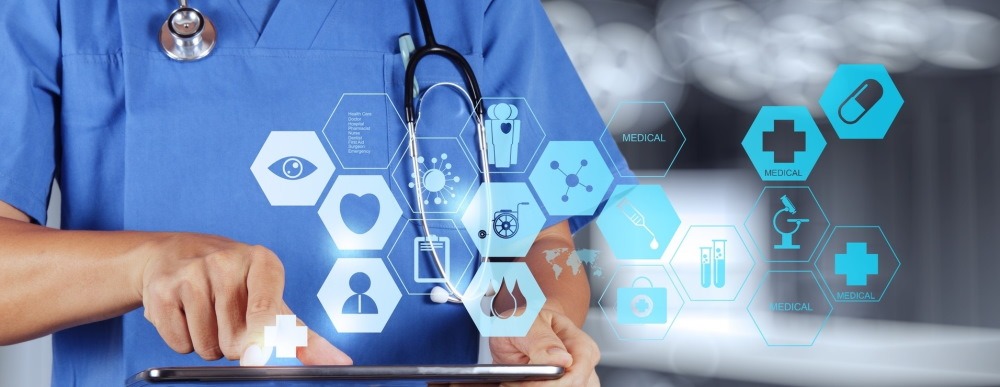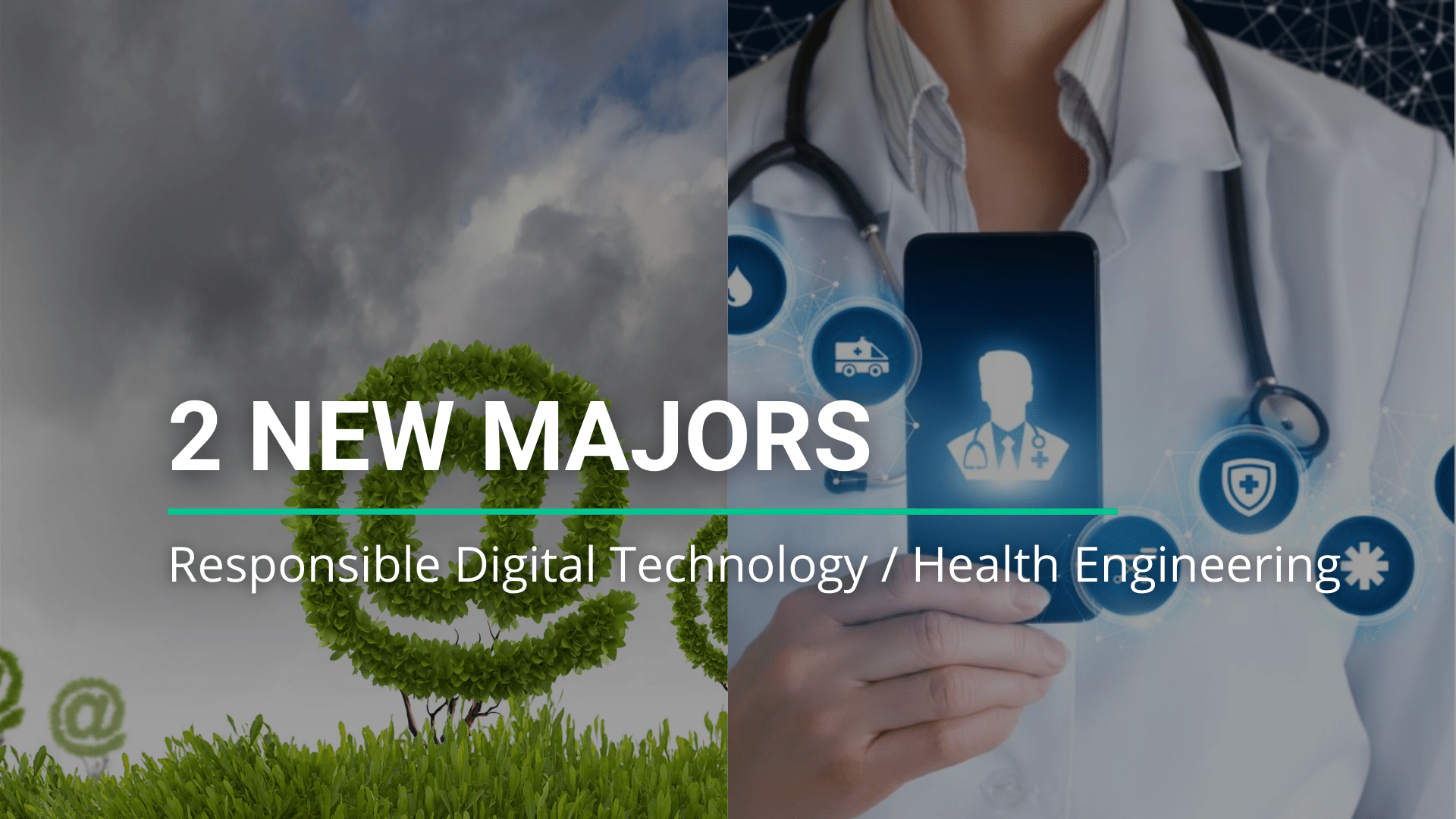“Responsible Digital Technology” and “Health Engineering” have been added to EIGSI’s range of specialisations. 4th- and 5th-year students are now offered 11 specialisations, enabling them to customize their training pathway.
Responsible Digital Technology, for controlled use of digital technology

Companies are becoming increasingly aware of the social, environmental, political and economic impact of digital technology. Responsible digital technology is to digital technology what sustainable development is to the environment. It provides methods and a scope of study enabling more virtuous digital technology practices.
This specialisation aims to train engineers who are capable both of managing digitally responsible approaches, and also of setting up and supervising a digital system that integrates responsibly designed services.
“Companies need this type of expertise. The controlled use of digital technology is a key issue for the coming decades,” says Benjamin Duthil, the specialisation’s coordinating lecturer/researcher.
This specialisation will enable students to position themselves on various types of post in every business sector. For example, company architect, application architect, IT architect, CSR manager and CSR project manager.
Health Engineering (e-health) – developing healthcare with the help of big data

The World Health Organization explains that new technology is revolutionizing our ability to prevent, diagnose and treat many diseases. This new technology is now radically transforming the healthcare and medical industry sectors.
Thanks to the introduction of artificial intelligence and big data processing, patient follow-up is at the heart of the process and is constantly developing.
The Health Engineering specialisation aims to train engineers who can understand e-health issues and the main applications of this field.
“Engineers graduating from the Health Engineering specialisation will serve as a linchpin between doctors and other players in the healthcare sector,” says Esma Talhi, the specialisation’s coordinating lecturer/researcher.
At the end of this training program, students will have dual expertise in digital technology and in healthcare. They will therefore be able to occupy positions such as biomedical engineer, hospital engineer, e-health project manager and e-health consultant.
“EIGSIENS graduates who have taken this specialisation will be able to play a real role in the healthcare revolution!” Talhi says enthusiastically.

